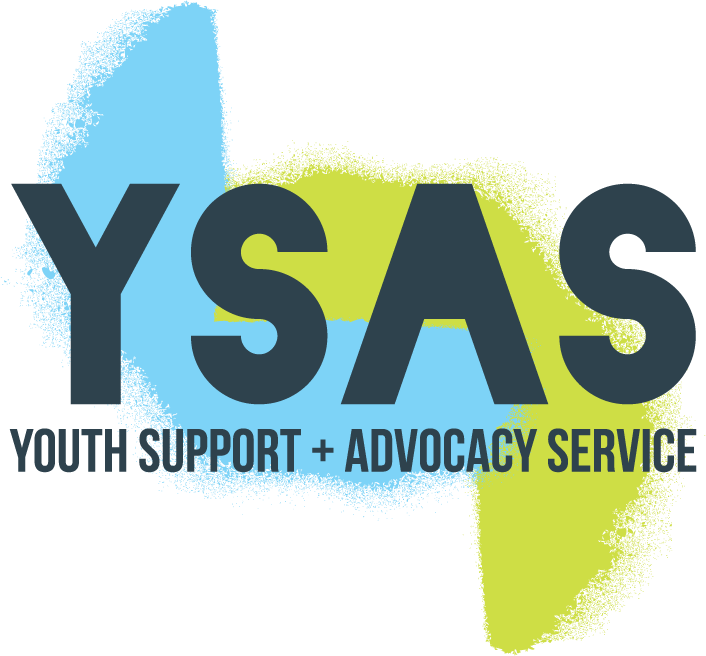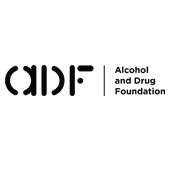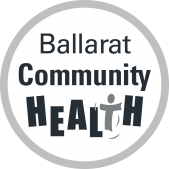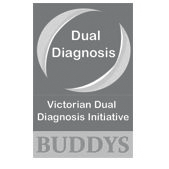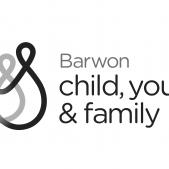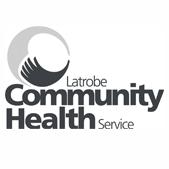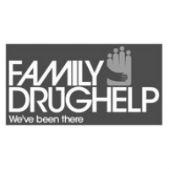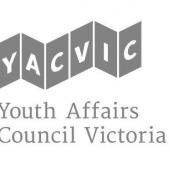Youth AOD Work
What makes a good Youth AOD Worker?
Research into effective service delivery, our own practice wisdom and feedback from young people tells us a lot about the characteristics of a good Youth AOD Worker.
The most important characteristic of a youth worker is authenticity. Authenticity demonstrates to young people the importance of being yourself. It illustrates you’re genuine, and by extension, that the therapeutic relationship with a young person is genuine. In contrast, young people commonly comment that what doesn't help is somebody who pretends that they care.
As well as authenticity, there are several traits that are common among effective and engaging youth workers. A good worker will:
- Convey an attitude of positivity which emanates both possibility and hope
- Never diminish young people’s pain or problems, neither will they use these as defining features of a young person’s personality or future prospects
- Focus on the present and future rather than the past
- Instil a sense of empowerment
- Be relationship-based
- Be proactive
- Be flexible and responsive
- Be both approachable and accessible
- Understand the young person holistically as opposed to being problem-focused
- Be comprehensive in all aspects of their practice
- Be inclusive as well as participatory
The work undertaken by a youth worker when supporting a young person with AOD related issues can be heavy and intense; however, clients often appreciate a degree of informality.
"I mean, it’s funny, because they have a good laugh with you, like [Name of worker] mucks around with you and stuff and he doesn’t take it to heart or nothing, you can joke with him". (Green et al, p.12).
A good youth AOD worker is genuine, warm, caring, trusted and approachable. Their relationships with clients – characterised by hope, fun and a future focus – provide a safe and validating space for dealing with the heavy parts of a young person's life.




